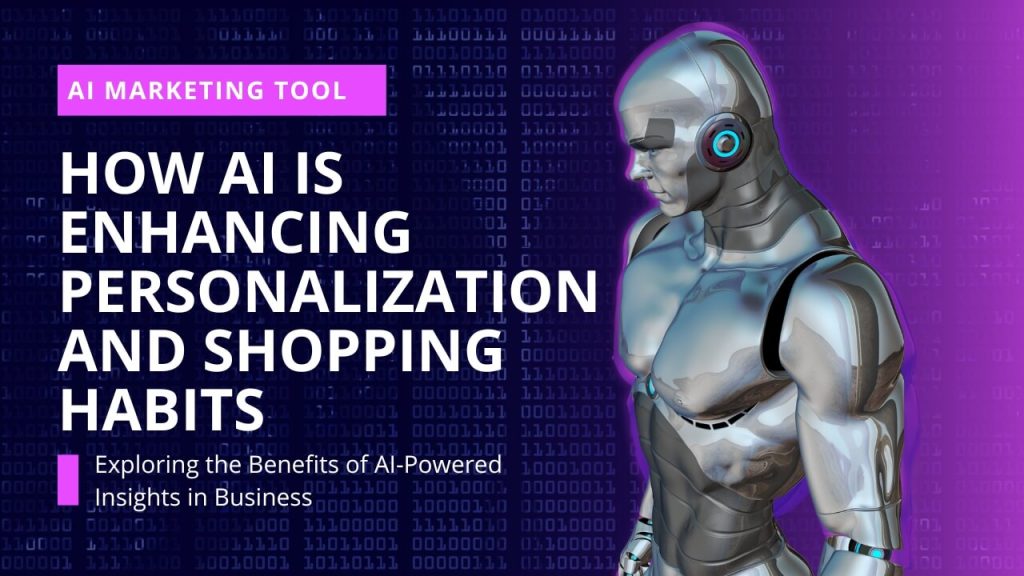In recent years, the rise of artificial intelligence (AI) has transformed many industries, including retail. Today, retailers are using AI to create more personalized and engaging shopping experiences for their customers, both online and in physical stores. From chatbots to predictive analytics, AI is enabling retailers to better understand customer preferences and behaviors and to tailor their offerings to meet those needs. In this article, we’ll explore the various ways in which AI is being used to enhance personalization and influence shopping habits, as well as its potential impact on brick-and-mortar layouts. Let’s dive in and explore how AI is revolutionizing the retail industry.
When/how AI entered retail and how it works with brick-and-mortar retail/consumers:
AI has been gradually making its way into retail over the past decade, and today it plays an increasingly important role in helping retailers improve the customer experience and increase sales. One of the most common ways AI is used in brick-and-mortar retail is through the use of cameras and sensors that track customer behavior and provide data on things like foot traffic, dwell time, and product interactions. This data can be used to optimize store layouts and displays, as well as to identify patterns in customer behavior and preferences.
Another way AI is used in retail is through chatbots and virtual assistants, which can help customers find the products they’re looking for, answer questions, and provide personalized recommendations. In addition, retailers are using AI-powered analytics tools to analyze customer data and make more informed decisions about inventory management, pricing, and marketing.
What types of AI are in use in driving shopping habits:
There are many different types of AI being used to drive shopping habits, including natural language processing, computer vision, machine learning, and predictive analytics. These technologies are used to analyze customer data and behavior, identify patterns and trends, and make personalized recommendations based on individual preferences and past purchases.
One example of AI in use is the use of recommendation engines, which use machine learning algorithms to analyze customer data and provide personalized product recommendations. Another example is the use of predictive analytics to forecast customer behavior and trends, which can help retailers make more informed decisions about inventory management, pricing, and marketing.
How AI will increase personalization and shopping habits:
AI has the potential to greatly increase personalization in retail by providing customers with more personalized recommendations and experiences. By analyzing customer data and behavior, AI can identify patterns and preferences, and make personalized recommendations based on individual interests and past purchases.
For example, AI-powered chatbots and virtual assistants can engage with customers in real time, providing personalized recommendations and answers to questions. AI can also be used to create personalized product bundles, based on a customer’s past purchases and preferences. By providing a more personalized experience, retailers can build stronger relationships with customers, increase customer loyalty, and drive sales.
How this might impact brick-and-mortar layouts:
As AI becomes more prevalent in retail, it is likely to have a significant impact on brick-and-mortar layouts. By using AI-powered analytics tools to analyze customer behavior and preferences, retailers can optimize store layouts and displays to better meet the needs and preferences of their customers.
For example, retailers can use AI to identify which products are most popular and which products are frequently purchased together and use this information to optimize product placement and store layouts. Additionally, retailers can use AI to identify which areas of the store are most frequently visited and use this information to create more engaging and interactive displays in those areas.
Overall, AI has the potential to greatly enhance the customer experience in retail, by providing more personalized recommendations and experiences, as well as by optimizing store layouts and displays to better meet the needs and preferences of customers.





